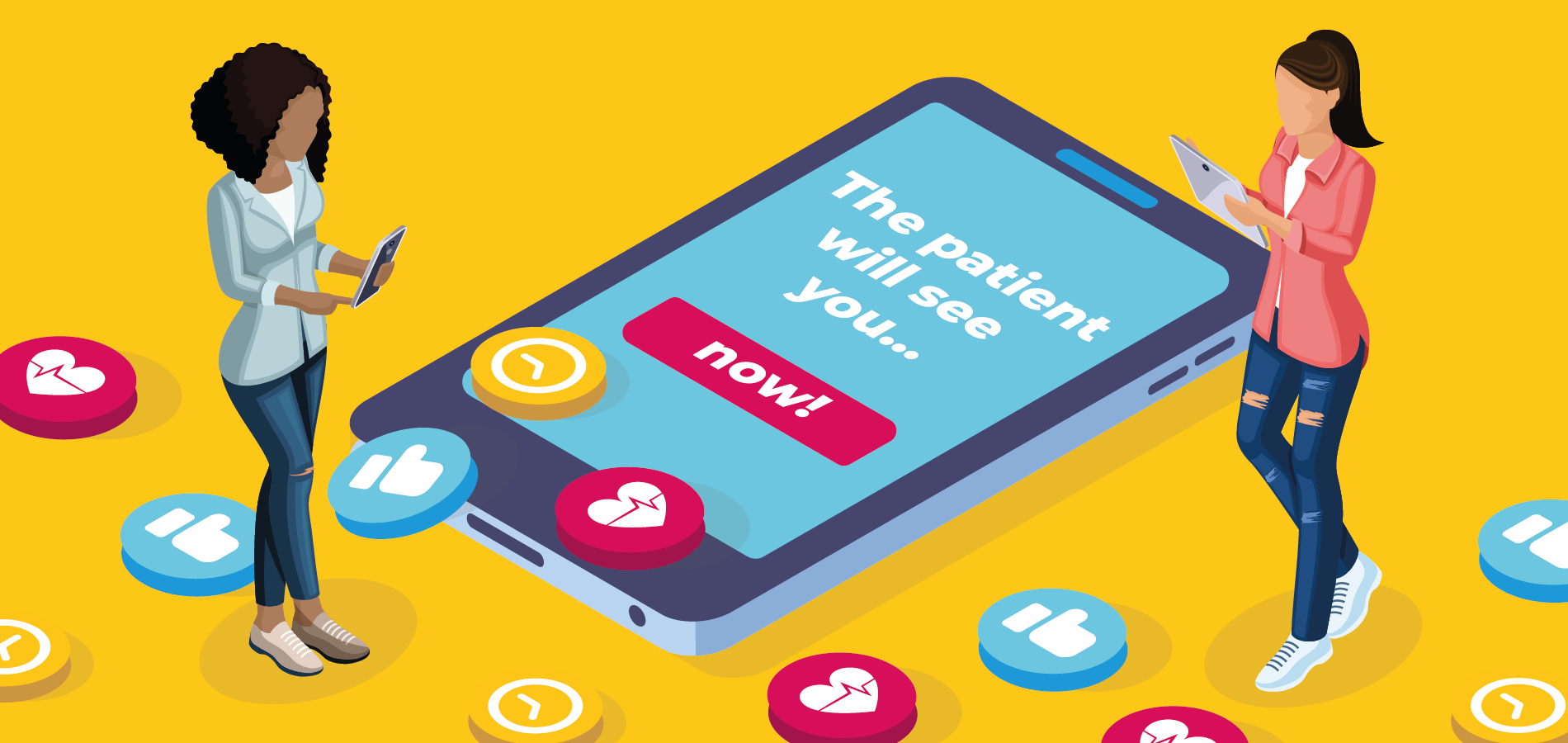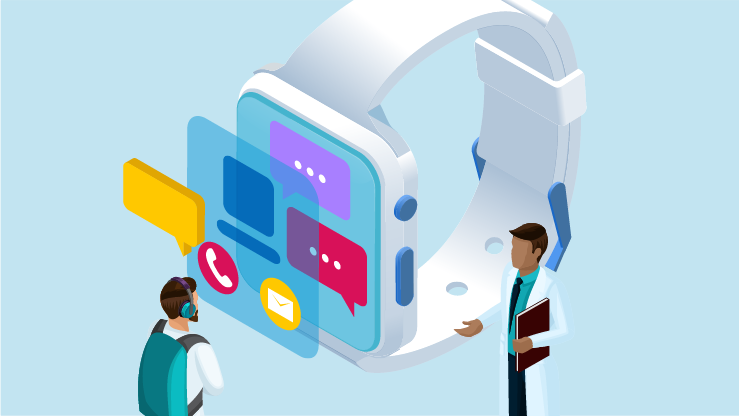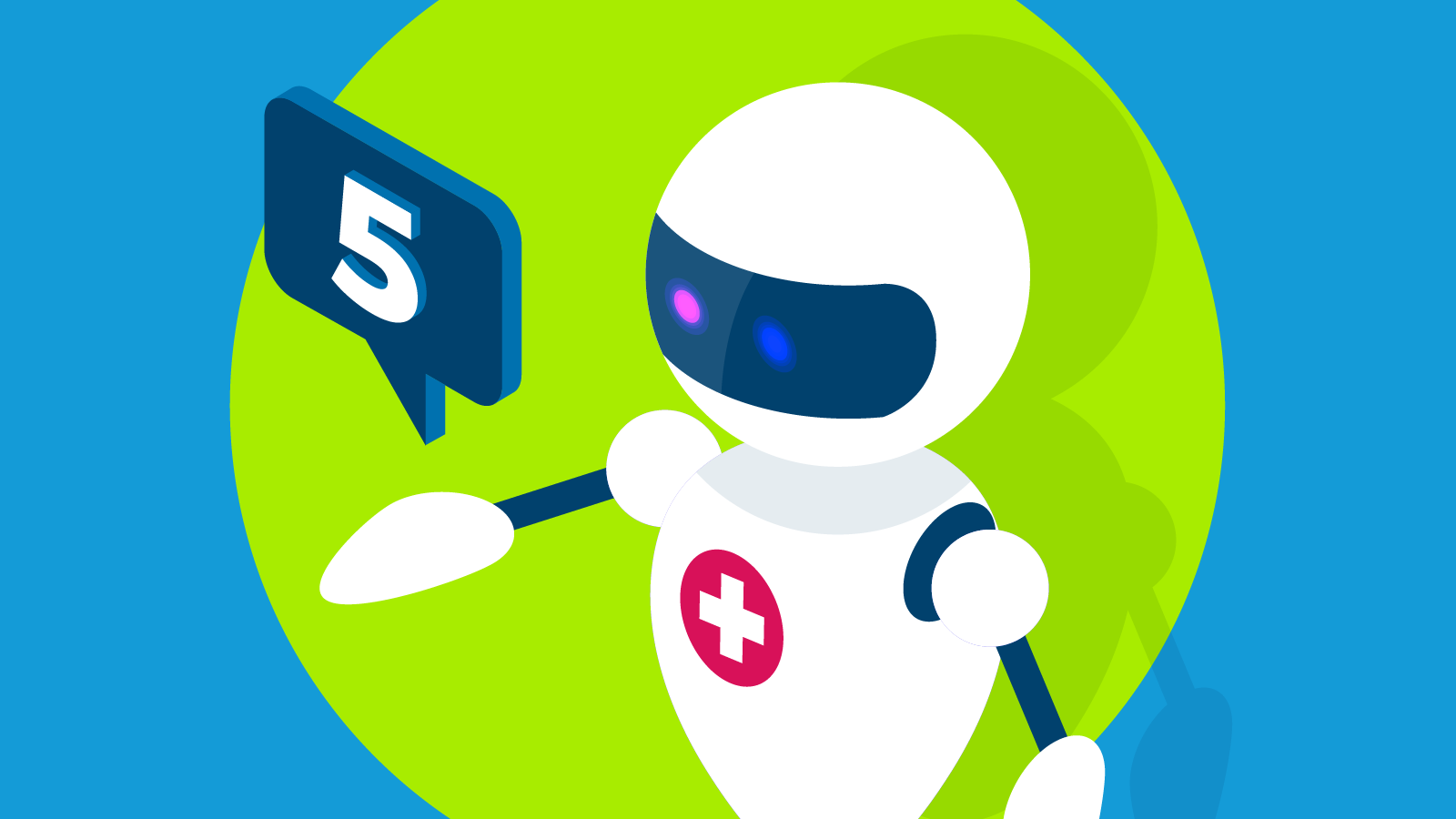Figures released by The World Health Organisation have revealed that there are now 27 million people suffering from opioid use disorders worldwide. It’s a problem that has reached epidemic proportions, with potentially disastrous implications for the global population. But digital healthcare companies are beginning to fight substance use disorders such as the opioid epidemic, with the help of ingenious digital answers to the challenges of addiction treatment.
There’s no disputing the effectiveness of traditional treatment programmes such as detox centres, halfway houses and outpatient counselling. But these programmes tend to come at a prohibitively high cost, leaving huge numbers of people unable to access the care they need. Now, new therapies such as digital therapeutics and telemedicine have begun to form a cutting edge paradigm of treatment options, capable of reaching far greater numbers of the population.
Digital healthcare therapies and treatments
Digital healthcare companies can provide a comprehensive addiction treatment program, at a much lower cost than traditional residential therapies. Typical therapies available via digital healthcare companies include:
Pharmacotherapy: the use of pharmaceutical drugs as a treatment to alter neural pathways. Digital solutions such as Workit Health now offer prescription monitoring via a clinic platform which tracks a patient’s Vivitrol and Subuxone refills, through telemedicine consultations. Digital companies can even embed technology into pills, to transmit data back to a web-based application once ingested.
Psychotherapy: use of psychological methods [e.g. Cognitive Behavioral Therapy (CBT), Acceptance and Commitment Therapy (ACT)] to identify and change addictive behaviors. For example, reSET-O prescription digital therapeutic offers CBT therapy via an app, under the supervision of a clinician.
Contingency Management: using rewards such as money to motivate and reinforce positive behaviours, for instance attending appointments or completing in-app activities. Digital therapy app reSET-O incentivises its users with motivational messages and in-app gift cards.
Social support: access to a community of like minded individuals to help provide a sense of camaraderie and assist in accountability throughout an individual’s journey.
What will it take to beat the global threat of Substance Use Disorder?
There are several changes that need to be made if we are to fight the threat of substance use disorder on a global scale.
Firstly, it’s vital that the pharmaceutical industry is held to greater account, and its influence over the political system is more closely monitored. Recent cases such as the $572m judgment filed against Johnson & Johnson have revealed dangerous practices in the prescription of addictive medication, with Johnson & Johnson held responsible for fuelling Oklahoma’s opioid crisis. With the influence of pharmaceutical giants curbed, investment can more easily be channelled to newer, less addictive medications designed to take the place of opioids.
For those already fighting Opioid Use Disorder, better treatments and therapies are vital. Accessibility is a key concern here, and it’s one that digital healthcare companies are battling head on. Digital companies are already beginning to provide ongoing, affordable treatment and therapies in geographically remote or financially depressed areas, where individuals struggle to access traditional treatment options.
As technology develops, we can expect to see the availability of digital treatment programmes grow, bringing unparalleled benefits to those suffering from Substance Use Disorder.



